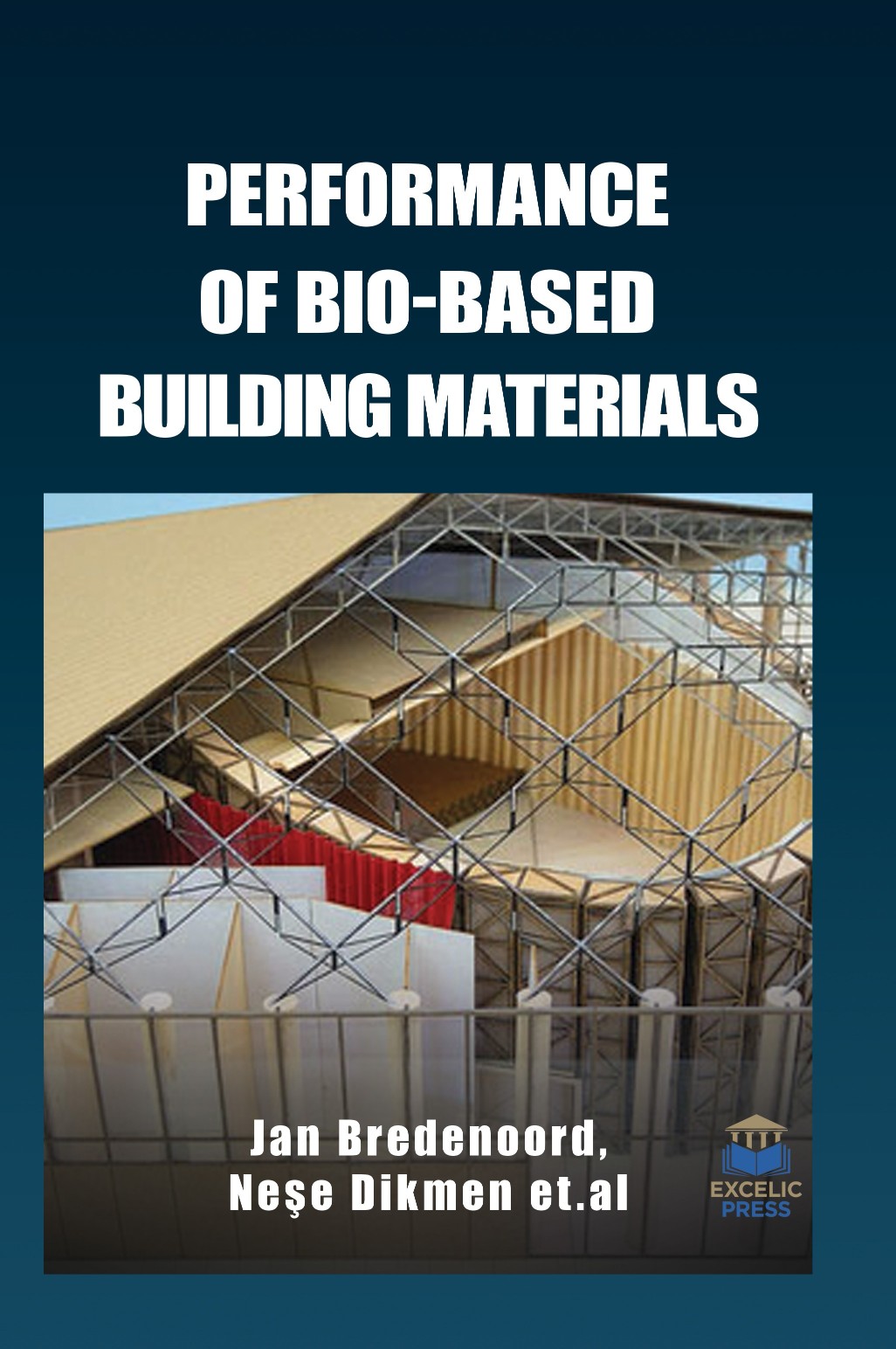The construction industry represents a large quantity of the depletion of the earth’s nonrenewable resources, both in perspectives of materials used for construction and energy intake for operation of buildings. One way to assurance long-term ecologically sustainable development is to base the production of products and services on the use of renewable resources and renewable energy such as biomass from sustainable forestry and agriculture. Whereas bio-based materials have the ability to replace traditional synthetic materials, the cost of production and therefore cost to the consumer is usually much higher and therefore multi-functionality is desired in the product. To ensure performance across the full range of functions, the materials need to be designed with multi-functionality.
The current book ‘Performance of Bio-based Building Materials’ explores innovative and environment friendly techniques as well as new classes of materials and their benefits to modern building design. The new and novel materials from bio-based products are identified, in order to study their effects on indoor air quality and reduce the energy consumption by the improvement of building airtightness, and improvements in thermal insulation within buildings and structures. It offers a unique approach to bio-based materials and presents a broad overview of the topics on relevant areas necessary for application and promotion in construction.
This book is intended to advance graduate students in civil engineering and practitioners, as well as for those working in the bio-based materials research municipal, architects and organizations dealing with eco-friendly construction.













